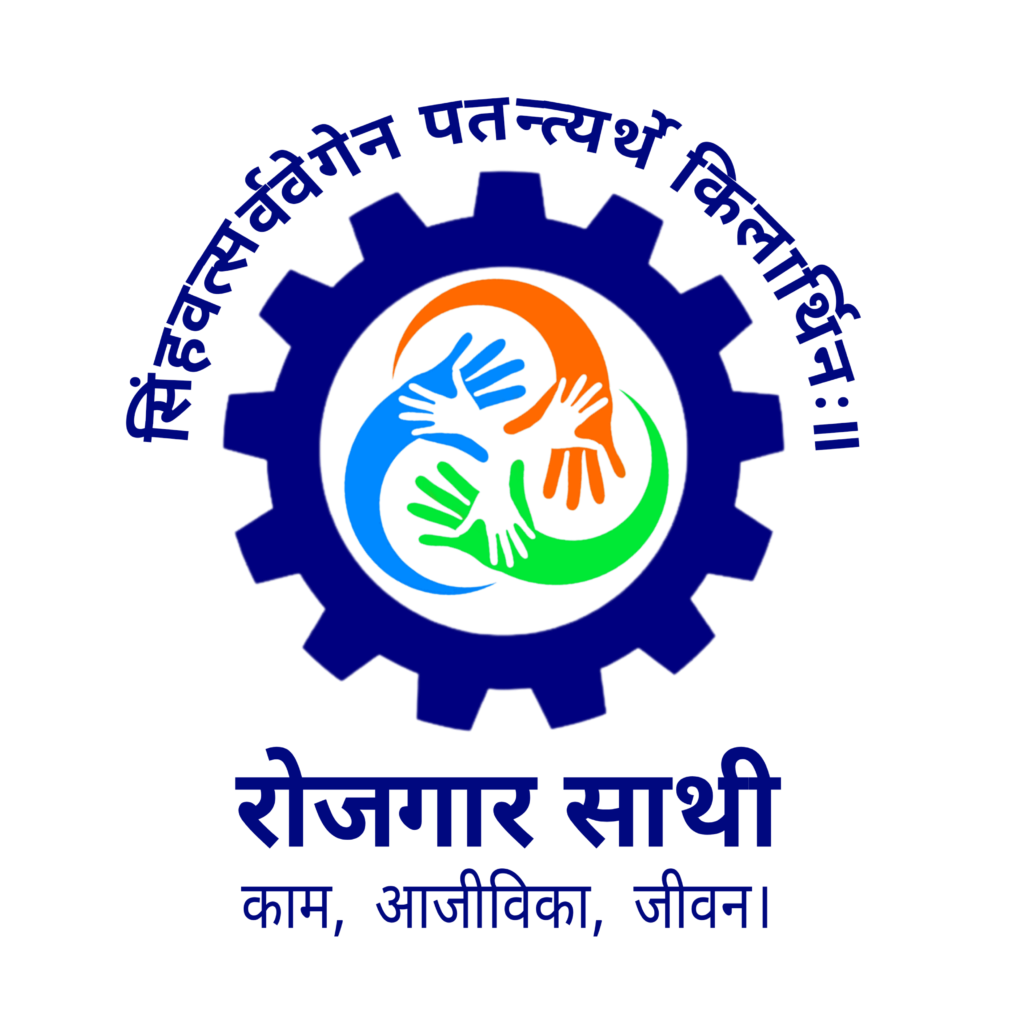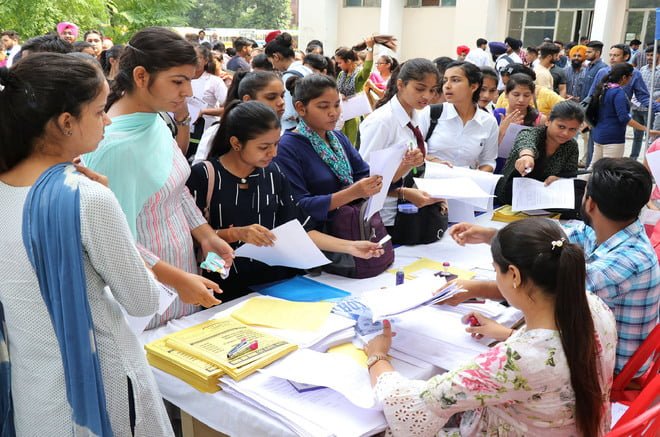
‘Project Rojgar Sathi: Work, Livelihood, Life’ (रोजगार साथी) is a national initiative launched by Indian Centre for Child and Human Rights (ICCHR) in association with WebX Hub Co.- IT and Consultancy Company to provide employment opportunities to unemployed youth across India. The project aims to address the growing problem of unemployment in the country by connecting job seekers with employers, creating a platform for skill development, and promoting entrepreneurship.
The project is launched in the National Capital Territory of Delhi in its initial stage, where it will be active on the ground level, starting from small villages to the smallest towns, and gradually expanding across the country by the end of June. Project Rojgar Sathi is a non-profit initiative, and it has been designed to help young people find jobs within their interests, qualification, and area of expertise.
Project Rojgar Sathi is an ambitious initiative aimed at bringing significant social and economic changes in the lives of young people. The project’s vision is to ensure that every unemployed youth in the country has access to meaningful employment opportunities that align with their aspirations, skills, and interests. Through its various interventions, Project Rojgar Sathi aims to create a more inclusive and equitable society, where every young person has a fair chance to succeed and contribute to the country’s growth.
Specific Objectives of the Project
The project’s objective is to empower the youth by providing them with the right opportunities to enhance their skills and secure sustainable employment. It will offer a range of services, including job counselling, job placement, skill development, and entrepreneurship training. The program will also help in creating awareness among the youth about the various government schemes available for employment generation and support.
The primary objective of Project Rojgar Sathi is to provide employment opportunities to unemployed youth across India. Some of the specific objectives of the project include:
- Creating a platform for skill development: The project aims to help youth acquire relevant skills and competencies through training, workshops, and apprenticeships. This will enhance their employability and enable them to secure better-paying jobs.
- Facilitating job placement: The project seeks to bridge the gap between job seekers and employers by connecting them through a job portal. The portal will provide information about job vacancies and facilitate the application process for interested candidates.
- Creating awareness about government schemes: The project will educate young people about various government schemes related to employment generation and support. This will help them access these schemes and avail the benefits offered by the government.
- Ensuring inclusivity: Project Rojgar Sathi aims to ensure that employment opportunities are available to all, including marginalised and vulnerable groups. The project will work towards creating an inclusive and equitable society where every young person has a fair chance to succeed.

Implementation of the Project
Project Rojgar Sathi’s ground implementation plan involves reaching out to small villages and towns in the National Capital Territory of Delhi, where the project will be launched first. The project aims to connect with unemployed youth in these areas and provide them with employment opportunities.
Following are the detailed project plan for ground implementation with volunteers:
- Volunteer recruitment: The project will start by recruiting volunteers who can help in reaching out to communities and connecting with unemployed youth. The volunteers can be recruited through social media, community groups, and local NGOs.
- Volunteer training: Once volunteers are recruited, they will require training to understand the project’s objectives, services, and interventions. The training will cover topics such as communication skills, counselling and job placement..
- Outreach and community mobilisation: The volunteers will use various outreach methods to reach out to communities, including door-to-door campaigns, community meetings, and posters. The volunteers will also mobilise communities to participate in the project’s activities, such as job fairs and training workshops.
- Job counselling and placement: The volunteers will provide job counselling services to unemployed youth, helping them understand their skills and interests and guiding them to find suitable job opportunities. The volunteers will also connect them with employers through the project’s online job portal and job fairs.
- Skill development and Training: The project will conduct skill development workshops and training programs for unemployed youth. The volunteers will assist in organising and conducting these workshops and training programs.
- Documentation and reporting: The volunteers will maintain proper documentation of their activities, including the number of youth they have reached, the number of job placements made, and the number of workshops and training programs conducted. The volunteers will also prepare reports on their activities, which can be used for monitoring and evaluation purposes.
- Volunteer recognition and retention: The project will recognize and reward the volunteers for their contributions. The project will also create a volunteer retention plan to ensure that the volunteers remain engaged and motivated throughout the project’s implementation.











